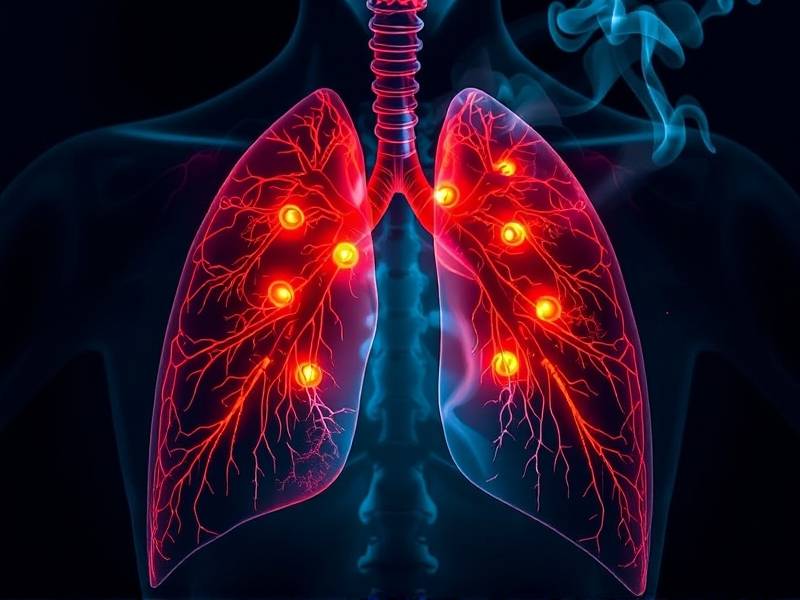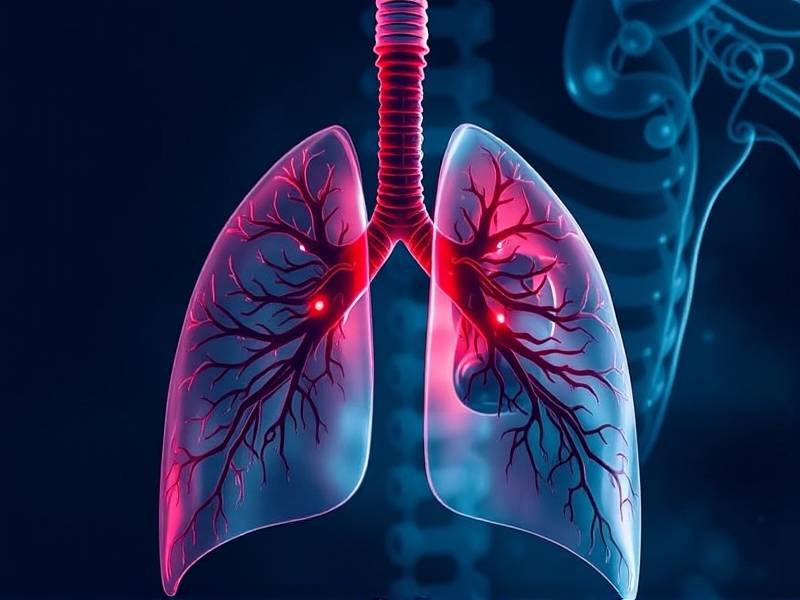How to Revive Your Lungs After Quitting Smoking: Effective Methods for a Healthier Start
How to Revive Your Lungs After Quitting Smoking: Effective Methods for a Healthier Start
Introduction: Quitting smoking is a significant step towards a healthier life, but it can also be challenging. As you embark on this journey, it's important to understand how to care for your lungs and support their recovery. This article explores effective methods to help you breathe easier and improve your lung health after quitting smoking.
-
The Importance of Lung Health After Quitting Smoking After quitting smoking, your lungs begin to heal and regenerate. However, the damage caused by years of smoking may still be present. By adopting the right strategies, you can accelerate the healing process and improve your lung function.

-
Start with a Clean Slate The first step in reviving your lungs is to eliminate any remaining toxins from your body. This can be achieved through regular exercise, deep breathing exercises, and staying hydrated.
-
Exercise Regularly Physical activity plays a crucial role in lung health after quitting smoking. Engaging in moderate-intensity exercises like walking, cycling, or swimming can help improve lung capacity and enhance overall fitness.
-
Practice Deep Breathing Exercises Deep breathing exercises are an excellent way to increase lung capacity and promote relaxation. Techniques such as diaphragmatic breathing and pursed-lip breathing can help you take in more oxygen and expel carbon dioxide more efficiently.

-
Stay Hydrated Drinking plenty of water helps flush out toxins from your body and keeps your respiratory system hydrated. Aim for at least 8 glasses of water per day.
-
Avoid Exposure to Pollutants Protecting yourself from environmental pollutants is essential for supporting lung health after quitting smoking. Minimize exposure to secondhand smoke, dust, pollen, and other irritants that can exacerbate respiratory issues.
-
Seek Professional Guidance If you're experiencing persistent respiratory symptoms or concerns about your lung health after quitting smoking, it's important to consult with a healthcare professional. They can provide personalized advice and recommend appropriate treatments or interventions.
-
Consider Lung Function Testing Lung function tests are valuable tools for assessing the impact of smoking on your lungs and monitoring improvements over time. These tests can help determine if additional interventions are needed.
-
Adopt a Healthy Diet A balanced diet rich in fruits, vegetables, whole grains, lean proteins, and healthy fats can support overall lung health after quitting smoking. Certain nutrients like vitamin C, vitamin E, beta-carotene, selenium, and omega-3 fatty acids have been shown to benefit lung function.
-
Stay Motivated Quitting smoking is a gradual process that requires dedication and perseverance. Stay motivated by setting realistic goals and celebrating small victories along the way.
Conclusion: Reviving your lungs after quitting smoking is an ongoing process that requires commitment and effort. By incorporating these effective methods into your daily routine, you'll be well on your way to improved lung health and a healthier life.
